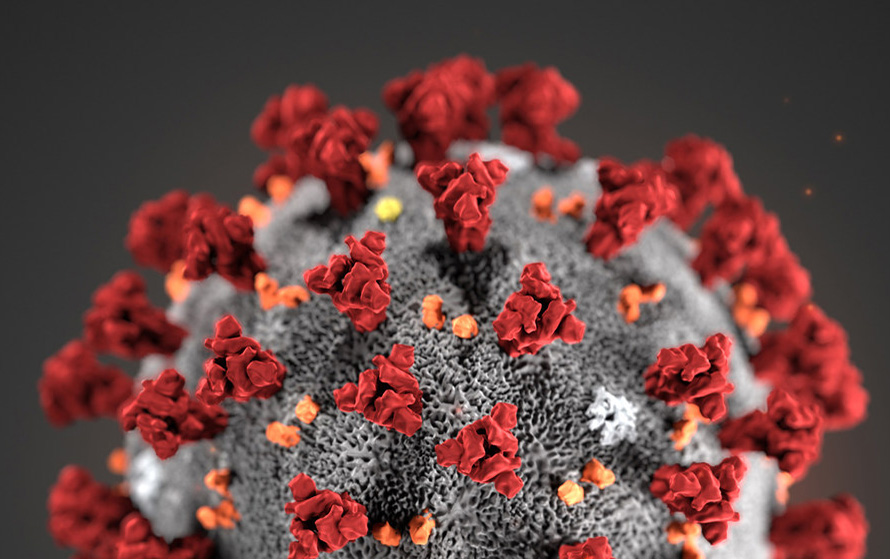Michigan AHEC Collaborates with Partners to Address the Impact of COVID-19
The COVID-19 pandemic has resulted in a significant loss of human life around the world, and it poses an unparalleled threat to public  health and the workplace. Health care delivery and clinical training of health professionals and health professional students were challenged as never before due to a lack of preparation, limited knowledge of best practices, limited personal protective equipment and limited resources for the delivery of telehealth services.
health and the workplace. Health care delivery and clinical training of health professionals and health professional students were challenged as never before due to a lack of preparation, limited knowledge of best practices, limited personal protective equipment and limited resources for the delivery of telehealth services.
When the coronavirus pandemic hit, several Michigan health systems were caught off guard, with insufficient personal protective equipment surgical masks, gloves, gowns, N95 masks, and eye protection to protect their employees. Access to PPE was one of the greatest concerns for all healthcare workers during the COVID-19 pandemic. Another concern was the immediate and significant limitations for in person health visits and clinical options for health professional student training. As the pandemic continued in waves, the realization that telehealth services are a necessary and important means of delivering health care was apparent in health care and academic settings.
In an effort to meet the many challenges posed by COVID 19, Michigan AHEC used over $95,000 in CARES Act funding from HRSA (Health Resources and Services Administration) to partner with WSU College of Nursing's NEPQR (Nurse Education, Practice, Quality and Retention) Program and FQHCs (Federally Qualified Health Centers) throughout the state, including clinics in the Upper Peninsula, Mid-Michigan and Detroit. The CARES Act funds were used to enhance the infrastructure of three FQHCs and four academic training programs on the best practices to prevent, prepare and respond in the delivery of telehealth services and acquisition of personal protective equipment to limit the spread of COVID-19 during the phases of the ongoing pandemic.
As a result of the CARES Act funding, Michigan Area Health Education Regional Centers provided enough PPE to medical students doing clinical rotations all over Michigan, including rural, urban, and underserved areas so that they could care for COVID 19 patients. FQHCs were able to purchase telemedicine equipment, which allowed them to preserve social distance and provide care to some of their most rural patients. Additionally, practitioners, health-care workers, undergraduate and graduate students were trained in the application of a variety of key principles for the management of a health center for persons affected by a pandemic level infectious disease. Clinicians and students were also trained to conduct telehealth/case management for the care of persons with COVID-19 and common chronic illnesses using interprofessional education principles.
Michigan AHEC the WSU College of Nursing and will continue to partner and expand the learning to a broad base of learners, clinicians, faculty and students beyond the CARES Act grant funding. Michigan AHEC's academic-clinical partnerships with their FQHC partners will also continue beyond grant funding and will focus on improving health care throughout the state of Michigan.